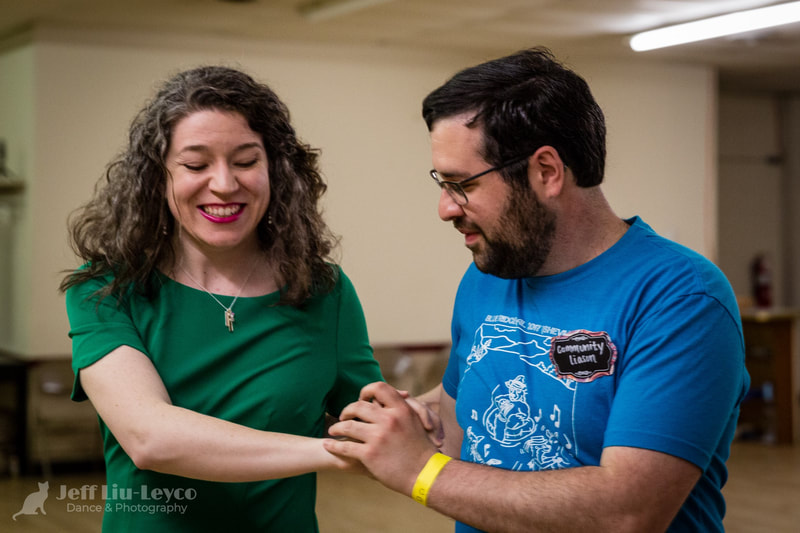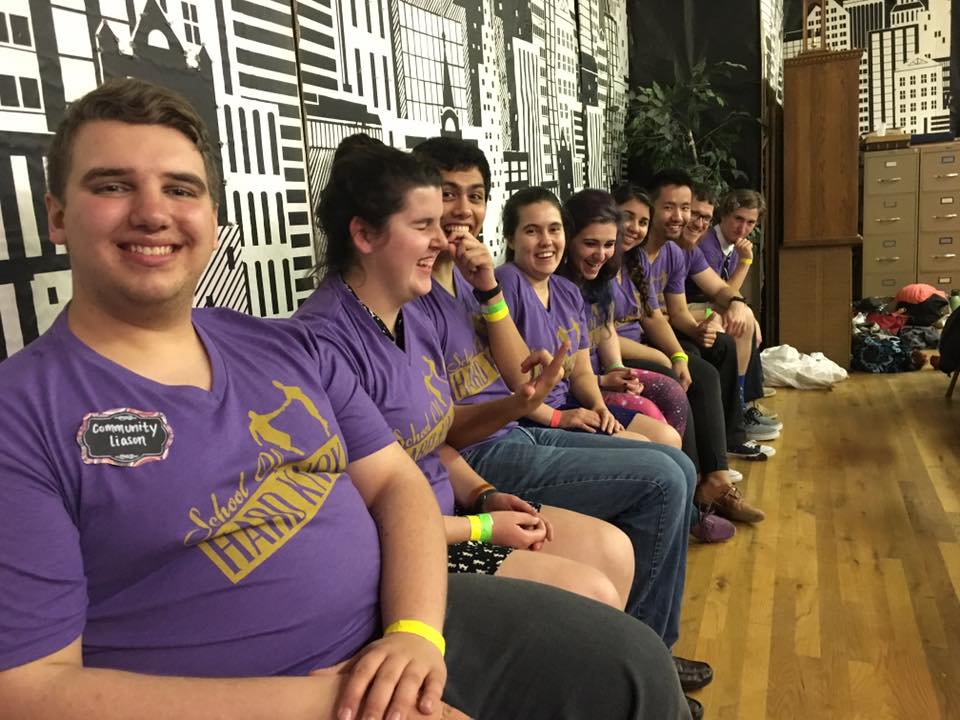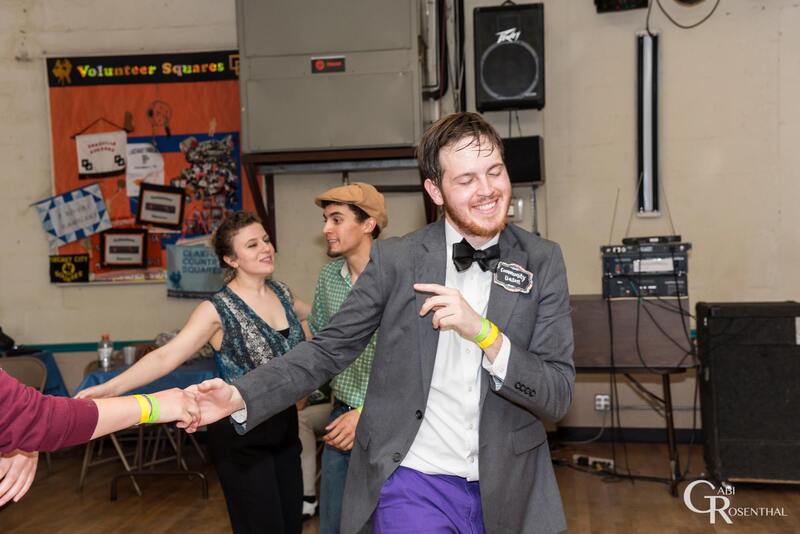Code of Conduct
The School of Hard Knox team wants to provide you with a safe and welcoming environment. To help us provide and promote a culture of safety, respect, and consent within the event, we kindly request you read and follow the below code of conduct, which is subject to be updated between now and the event:
At all times be courteous and respectful of everyone while helping to ensure everyone’s safety and comfort. This is regardless of, but not limited to age, body shape, dance skill level, disability, ethnic background, gender, gender identities, life choices, political beliefs, race, religious beliefs (or lack thereof), sexual orientation, etc.
Please report any behavior that appears abusive, disrespectful, harassing, suspicious, or unsafe, or that makes you feel uncomfortable for any reason.
You may do so by:
At all times be courteous and respectful of everyone while helping to ensure everyone’s safety and comfort. This is regardless of, but not limited to age, body shape, dance skill level, disability, ethnic background, gender, gender identities, life choices, political beliefs, race, religious beliefs (or lack thereof), sexual orientation, etc.
Please report any behavior that appears abusive, disrespectful, harassing, suspicious, or unsafe, or that makes you feel uncomfortable for any reason.
You may do so by:
- Contacting a one of the two Community Liaisons, who can be identified by their "Community Liaison" badges, available throughout the event.
- Calling number to be posted by event
- Emailing contact@hardknoxlindyrox.com
Please try to include as much information as possible and sufficient detail so that we can appropriately assess the situation.
Please contact us immediately if you have any reason to suspect a response from the SoHK team might be appropriate. Except in cases where disclosure is required by law, we will treat any information we receive with strict confidentiality, unless otherwise instructed by the person reporting the incident.
The event reserves the right to take any action which it, in its sole judgment, deems appropriate in response to reports of abuse, harassment, threats, intimidation, hazardous situations, or other inappropriate behavior (whether or not listed as an example on the next page), including but not limited to: issuing warnings, expelling individuals from the event, banning individuals from future Hard Knox events, and/or notifying law enforcement if there is reason to believe that laws have been violated or there is a dangerous situation.
The event reserves the right to take any action which it, in its sole judgment, deems appropriate in response to reports of abuse, harassment, threats, intimidation, hazardous situations, or other inappropriate behavior (whether or not listed as an example on the next page), including but not limited to: issuing warnings, expelling individuals from the event, banning individuals from future Hard Knox events, and/or notifying law enforcement if there is reason to believe that laws have been violated or there is a dangerous situation.
Examples of Inappropriate / Appropriate Behaviors
Examples of appropriate behavior include:
Examples of inappropriate behavior include:
You may want to familiarize yourself with state laws on sexual offenses and harassment.
- Maintaining awareness of your movement and surroundings to avoid collisions and injuries to yourself, your partner, and others around you, especially while on the dance floor.
- Respecting the boundaries of event attendees.
- Making your personal boundaries known when necessary.
- Apologizing (even if you don’t believe you were at fault) if you bump yourself or your partner into someone, or if you become aware you have made someone feel uncomfortable or unsafe.
- Asking anyone to dance in an appropriate manner. Respecting anyone’s right to say "no" to a dance at any time.
Examples of inappropriate behavior include:
- Harassing, intentional intimidation, insulting, stalking (including photographic stalking), or other threatening behavior.
- Failing to respect boundaries that others set either verbally or non-verbally; or to respect that others' boundaries are different from your own.
- Giving unsolicited advice about others’ dancing (unless someone is endangering someone’s safety, or your current dance partner is making you uncomfortable).
- Dancing without due regard for the potential for collisions and injuries to yourself, your partner, or others.
- Attempting air steps, aerials, and unsupported dips on the social dance floor (this does not include competitions, performances or jam circles). Also includes any situation where an individual's feet are above their waist, or their head is below their waist.
- Failing to comply with venue rules and/or TN state laws regarding alcohol.
- Ignoring or disrespecting the boundaries of others around you.
You may want to familiarize yourself with state laws on sexual offenses and harassment.




